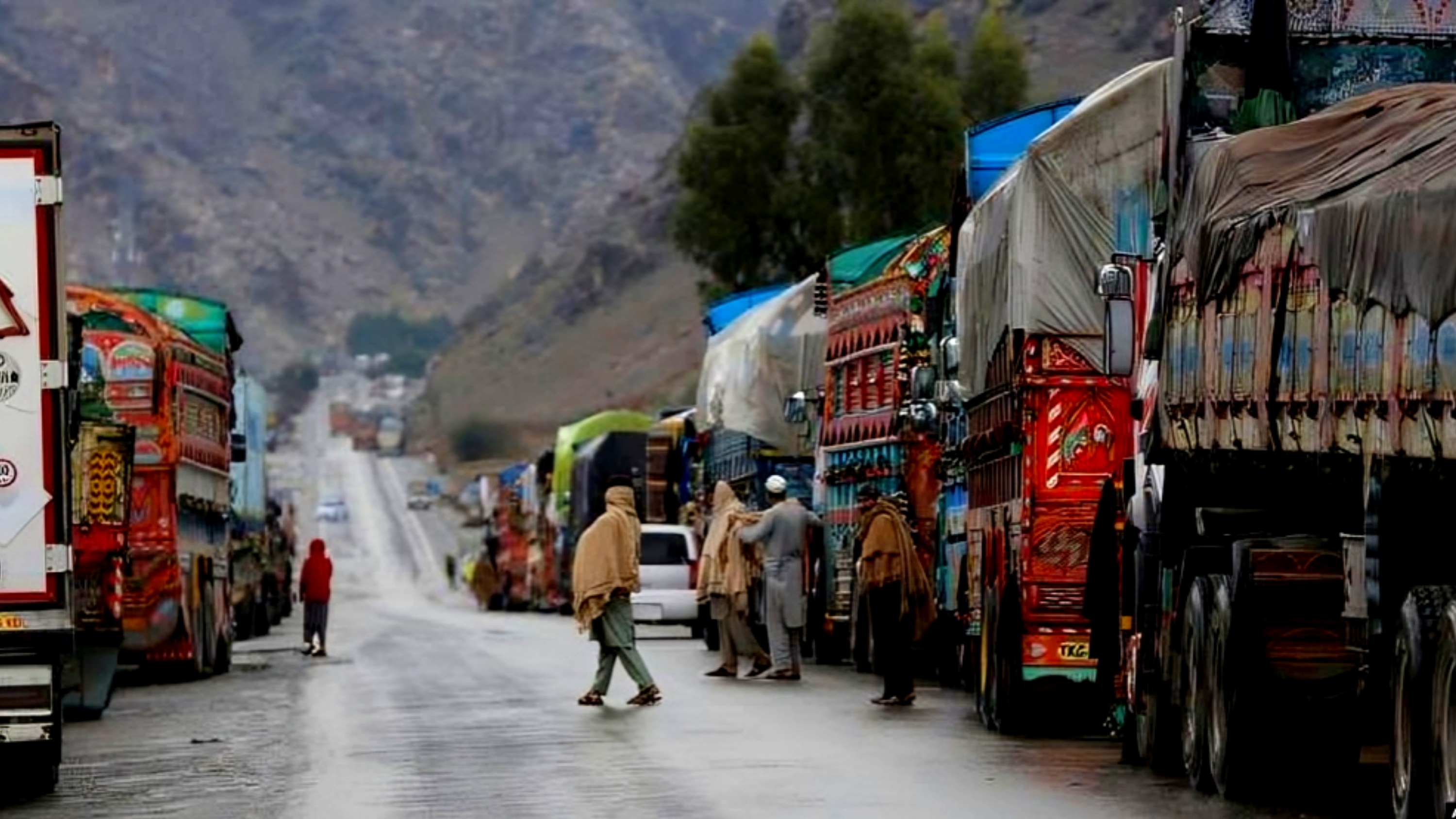Kabul: The United Nations World Food Programme (WFP) has raised concerns over the continued closure of the Torkham border crossing between Afghanistan and Pakistan, stating that at least 47 trucks carrying humanitarian aid have been stranded between Peshawar and Torkham.
In a report released late on March 12, the WFP stated that these trucks, carrying approximately 1,200 metric tons of essential food supplies, have been unable to proceed due to the ongoing border closure. Many of these trucks are currently stuck at the Torkham crossing, awaiting clearance.
The Torkham border was shut down on the night of February 21, 2025, by Pakistani border security forces in protest against the construction of a security post by the Taliban near the crossing. Since then, trade and civilian movement between the two countries have come to a standstill.
The United Nations has emphasized that reopening the border would allow WFP to resume the transfer of humanitarian aid, particularly food supplies, from its warehouses in Peshawar to Afghanistan.
The prolonged closure, now in its 20th day, has left hundreds of travelers, including patients, stranded on both sides of the border. Additionally, thousands of commercial trucks carrying goods remain stuck, further impacting trade and humanitarian operations.
Efforts by tribal elders and business representatives from both sides to negotiate the reopening of the crossing have so far failed to yield results. According to the Afghanistan Chamber of Commerce and Investment, over 5,000 trucks and vehicles remain halted due to the closure.
Despite the logistical challenges posed by the border shutdown, the WFP has continued to provide humanitarian aid to vulnerable Afghans. The agency reported that in February 2025 alone, it assisted 6.1 million people across Afghanistan.
During this period, the WFP distributed 50 million metric tons of food and provided $18.7 million in cash assistance. Additionally, 2,500 metric tons of specialized food were allocated to combat malnutrition among 1.6 million children under the age of five and lactating mothers.
This announcement comes amid growing concerns over funding shortages for humanitarian operations in Afghanistan. The UN recently warned that Afghanistan is the second most aid-dependent country in the world after Sudan, with nearly half of its population relying on humanitarian assistance.
On March 6, UN Secretary-General’s spokesperson Stéphane Dujarric stated in a press briefing in New York that budget shortfalls have already led to the closure of over 200 health centers in Afghanistan, affecting access to medical services for 1.8 million people.
Since the Taliban’s return to power in August 2021, Afghanistan has faced a deepening humanitarian crisis. Economic restrictions, the freezing of Afghanistan’s central bank assets, and restrictions on female humanitarian workers imposed by the Taliban have exacerbated the situation.
Despite these challenges, the UN Office for the Coordination of Humanitarian Affairs (OCHA) reported that throughout 2024, at least 20.4 million Afghans received some form of humanitarian assistance. Of this number, 14.9 million—approximately 73%—received food aid.
OCHA further stated that 3.4 million people across Afghanistan received three types of humanitarian assistance over the past year.








